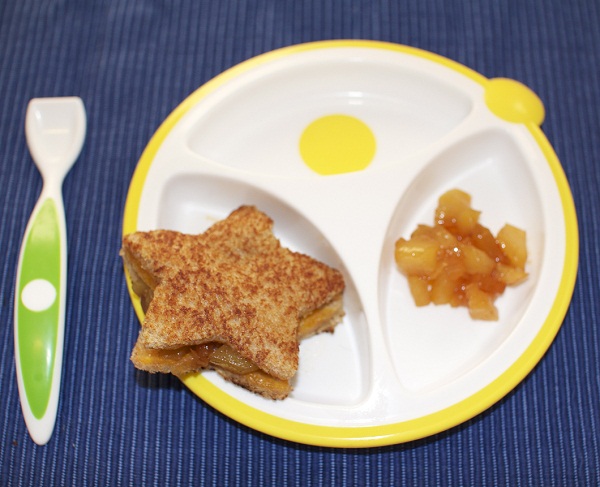Stage

And a partridge in a pear tree.
Much more than just a memorable mention in a festive Christmas song, the pear can be a tasteful and healthy ingredient of your baby’s diet any time of year. Offering the benefits of potassium and Vitamin C, which both promote muscle development and healthy growth, pears also contain fiber that assists the digestive process. Containing no sodium or saturated fats, pears are also known to be gentle on baby’s stomach and, when pureed, can be a great first fruit to introduce your little one. As always, we recommend consulting your physician before offering your baby any form of solid food.
Nutritious and delicious: the perfect pear!
Steaming pears is recommended to make for a softer, more easily digestible meal. When ripe, pears may not always be need to be cooked and are typically soft enough to include as an ingredient in baby food or even as a main course. Remember to store pears in the refrigerator, and because pears ripen from the inside out, a pear should “give” when touched but should not be overly soft as this is indicative of spoiling. Although pear skin is typically soft, it is recommended that you peel pears when preparing them, until your infant is on a steady diet of solid foods.
Did you know?
Pears are a member of the rose (Rosaceae) family and more than 3,000 varieties of pears are grown throughout the world. Pears grow on trees that can live for 100 years or more! When a new tree is planted, it typically takes five to seven years before it begins producing fruit. The four most popular pears in the U.S. are the Bartlett, Anjou, Bosc, and Comice, and they are primarily grown in Washington, Oregon and Northern California. Few natural foods offer so many nutritious benefits for so few calories, making pears one of the healthiest fruits and foods!
A few of our favorite pear recipes.
- Baby’s first pear puree
- Pear mini-muffins
- Butternut squash and pear soup
- Mild pear and ginger chutney
- Pear and brown rice pilaf






